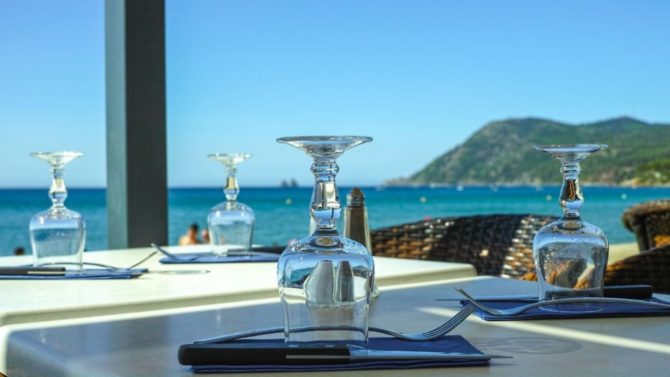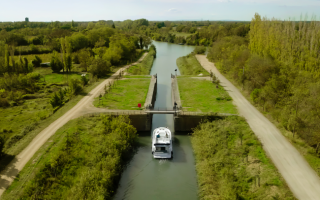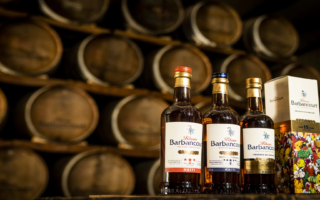7 interesting facts about Cuisine Nissarde
From salade niçoise to pissaladière to socca, Cuisine Nissarde in Nice makes the best of the Mediterranean climate and produce

On France’s Mediterranean coast, Nice is home to some incredibly tasty dishes. Since 1998 the Cuisine Nissarde appellation has been a label intended to highlight authentic Nice cuisine and preserve the memory of its past, while cuisine Niçoise is on the France’s national inventory of intangible cultural heritage and there is hope for it being recognised on UNESCO’s World Intangible Heritage list. Here are seven things to know about food in Provence-Alpes-Côte d’Azur, south of France:
1. The label is a commitment to tradition
A restaurant or café that holds the Cuisine Nissarde label, is committed to offering at least three traditional Nice dishes if it is in the ‘merenda’ snack bar/café category, or five dishes if it is in the restaurant category.
2. The landscape is harsh
Conditions on the craggy landscapes of the Mediterranean coast haven’t always been optimal for food production due to the hot climate, poor soil and scarce water. As a solution ‘faissas’ – little sloped terraces held up by dry stone walls – were built.

3. The cuisine was built around local foraging
Until around the 19th century, local herbs and mushrooms were often gathered to flavour and garnish dishes, while the wide variety of wild salad leaves and greens that could be found in the area made up what is now called mesclun.
4. Olive oil is key
The ultimate symbol of Mediterranean culture, the olive tree, has been grown since Antiquity. For a long time, olive oil was the only grease used in cooking, seasoning and preserving food in the area. Today, Nice’s AOP olive oil is made from olives harvested between November and April and is used in local dishes such as pan bagnat, ratatouille and bagna càuda.
5. Lamb is the traditional meat
Goats and sheep have historically survived well on Nice’s harsh landscapes and traditionally lamb is eaten on special occasions, while at Easter, offal, tripe, ‘trule’ black pudding and caillettes are served.
6. Nice’s cuisine is seasonal
In summer, the main dishes include a tomato salad with bread, vegetable stuffing, ratatouille and omelettes, while in the winter cabbage, leek, pulses, soups, baked sliced marrow and fish or meat stews take centre stage.
7. A light meal or snack in Nice is known as a merenda.
This may be some crusty bread drenched olive oil, a pan bagnat – the sandwich version of the Niçoise salad – or some socca, a thin chickpea flour pancake cooked on a large tray and cut up into little portions.
________________________________________________________________________________________________________________
More French food:
Recipe: Salmon en Papillote with Asparagus
French macarons: 5 different versions and where to try them
Michelin stars 2021: French restaurants in the UK top the list
Share to: Facebook Twitter LinkedIn Email




